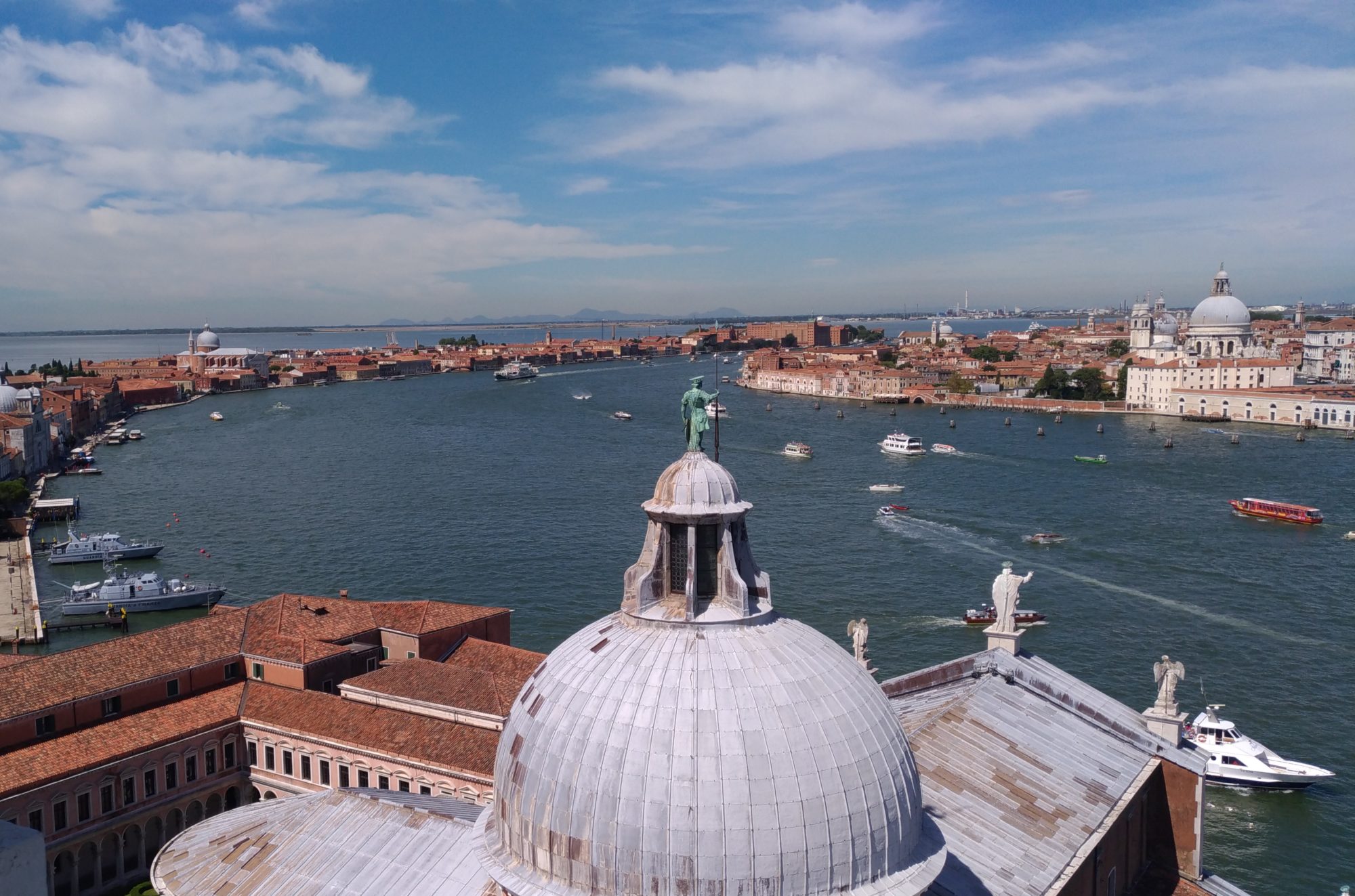Our services:
Methodologies, practices, studies, stakeholder engagement and participation
Client: UNEP/MAP – PAP/RAC
The study examined cross-border and transboundary maritime spatial planning (MSP) in the Adriatic-Ionian region (AIR), both in terms of its potential scope and benefits, and of the challenges nations and other actors face in its successful implementation. The study included desk analysis, preparation of questionnaires, meetings with experts and stakeholders.
- Multiple Uses of European Seas
Client: Thetis Spa/H2020 programme
The H2020 MUSES project built on existing knowledge to explore the real opportunities for Multi-Use in European Seas, including the scope for innovation and Blue Growth potential and to present practical solutions on how to overcome existing barriers and minimize risks associated with Multi-Use development. The project developed an Action Plan for Multi-Use of the Seas. Martina Bocci (t-ELIKA) co-coordinated WP3 that assessed multi-use opportunities in 10 case studies of around Europe. She developed the case study assessment methodology; she co-authored a case study for the Adriatic Sea and she was responsible for the preparation of all WP3 deliverables. Results from case study analysis are illustrated in the paper ” Multi-use of the sea: A wide array of opportunities from site-specific cases across Europe“.
Client: Thetis Spa/ European MSP Platform under the Assistance Mechanism for the Implementation of Maritime Spatial Planning
This report aims to provide information on how MSP can help EU Member States deliver sustainable growth for their maritime economies. It provides Member States with practical guidance in three distinct aspects of MSP: 1) How to develop a vision for maritime space that can be effectively used in MSP? 2) What kind of future trends impact on sector development and how do they influence the MSP process? 3) How can MSP authorities monitor whether they are on the right track with their MSP objectives? These three distinct aspects were developed as stand-alone documents.
Client: Municipality of Porto Tolle (Rovigo – Italy)
The project has developed an integrated analysis of fishing activities in the Chioggia Maritime Department, to identify a spectrum of possible management measures of fishing activities and other coastal and maritime activities. The project consider the wider context of uses of the sea and the coast and of environmental and socio-economic sustainability, using scientific support tools and a participatory approach. The project considers also the reference framework of the European Union policies for the sea, with particular reference to the specific guidelines for fishing and aquaculture, the protection of marine ecosystems, the promotion of economic activities on the sea and the planning of the maritime space.
- Recommendations on how to perform analysis of land-sea interactions (LSI) combining marine spatial planning (MSP) and Integrated Coastal Zone Management (ICZM)
Client: UNEP/MAP – PAP/RAC
Analysis of LSI is a crucial element in coastal and marine planning and management. Its relevance also involve reduction of marine pollution, including marine litter. Methodological guidelines have been developed for LSI to be applied within coastal and marine spatial planning. The guidelines were tested in case studies.
Our contributions:
Land Sea Interactions in the framework of ICZM and MSP
How to perform analysis of land-sea interactions, combining MSP and ICZM
Methodological guidelines on LSI and applications (presentation)

